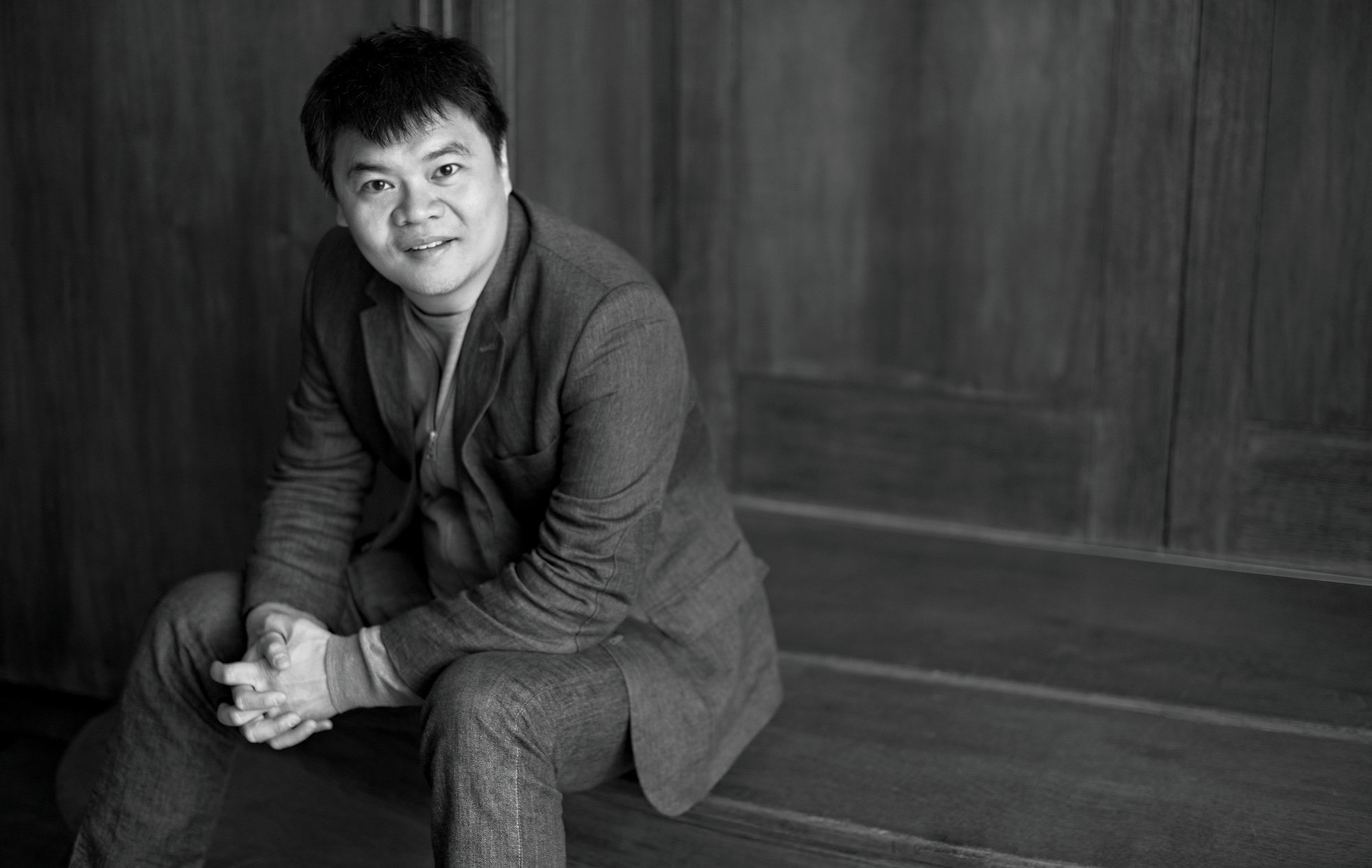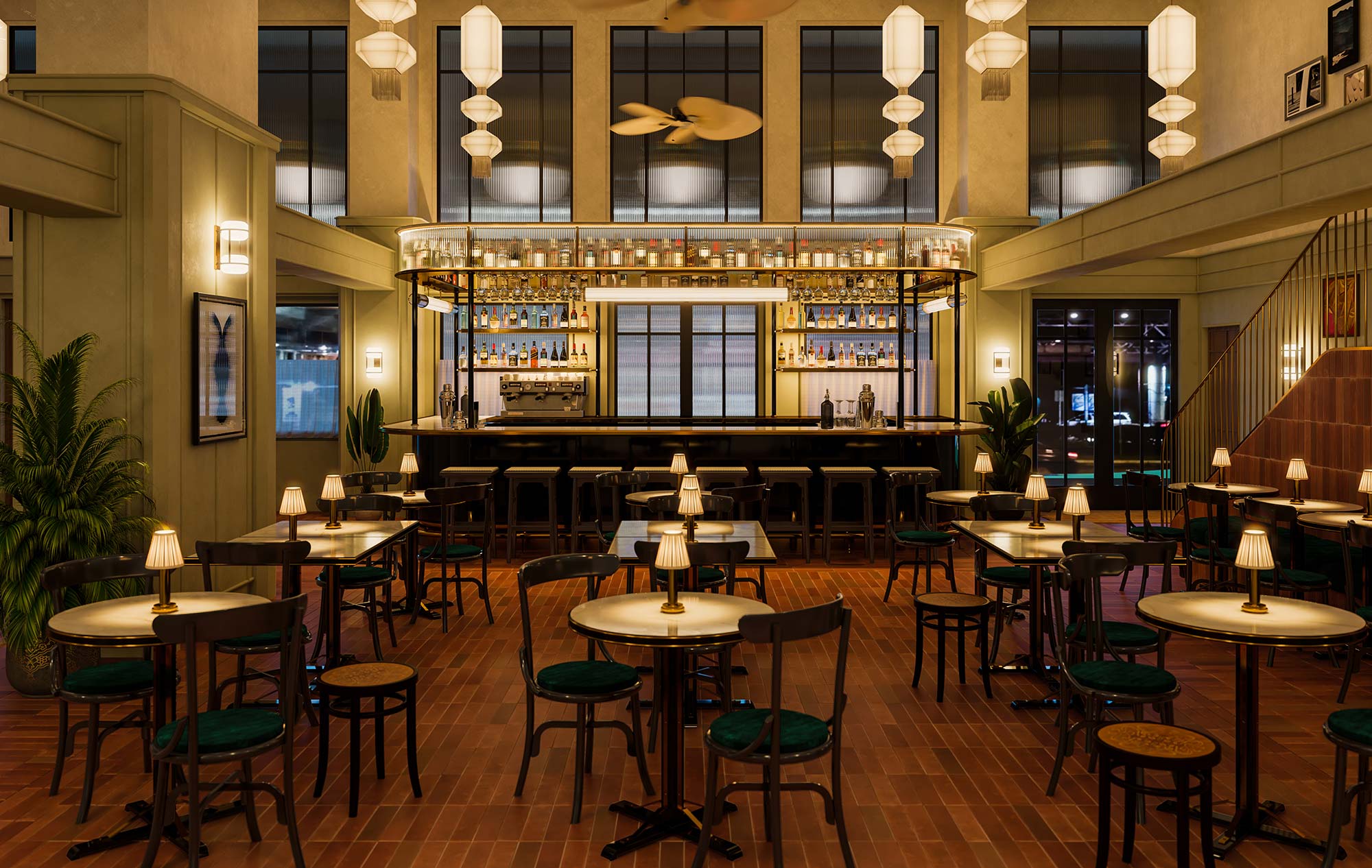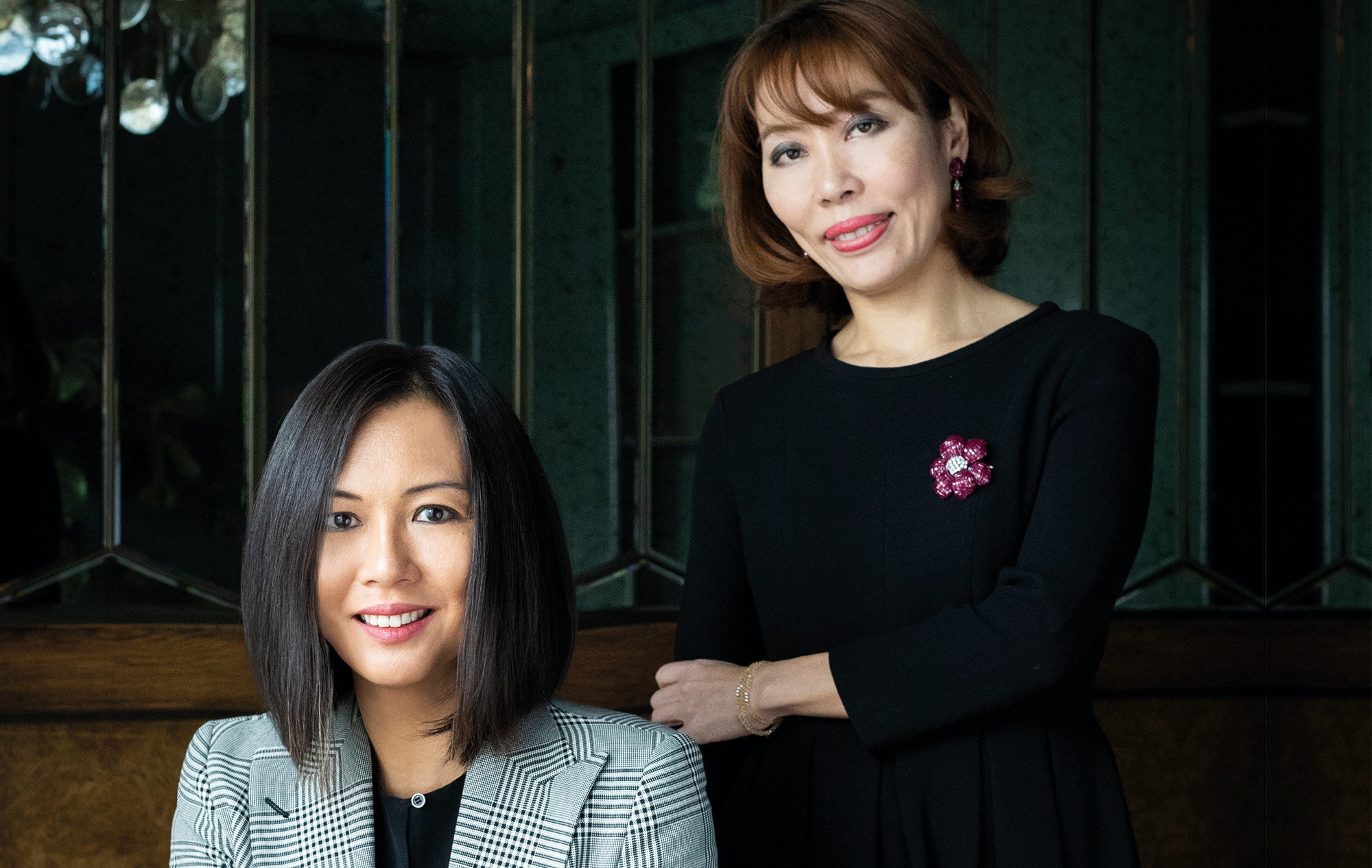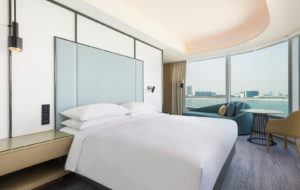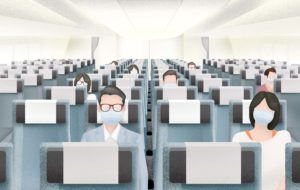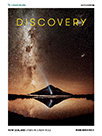You were a lawyer before becoming a hotelier and restaurateur. Why the career change?
I started practising law in Singapore during the late ’90s, right when the Asian financial crisis hit, and I dealt with many bankruptcy cases. In fact, the first two hotels we acquired were properties that went bust during the crisis. I’d always been fascinated by hotels and restaurants, so I seized the opportunity when it came.
Unlisted Collection now operates dozens of boutique hotels and restaurants in Asia, Europe and Australia. How do you decide what projects to take on?
We always open hotels in key gateway cities: Singapore, Sydney, London and so on. For restaurants, we tend to only open in cities where we have hotels. All of our outlets are in heritage-listed buildings: this is part of Unlisted Collection’s DNA.
Why is that?
Old buildings may not always be beautiful, but they’re always characterful. One of our recent restaurants in Singapore is Cloudstreet in Chinatown, which serves Australian cuisine with Sri Lankan influences. While we’ve restored plenty of shophouses into new restaurant or hotel concepts in the past, this space resonated with me: it’s spacious, high-ceilinged and has plenty of natural light.
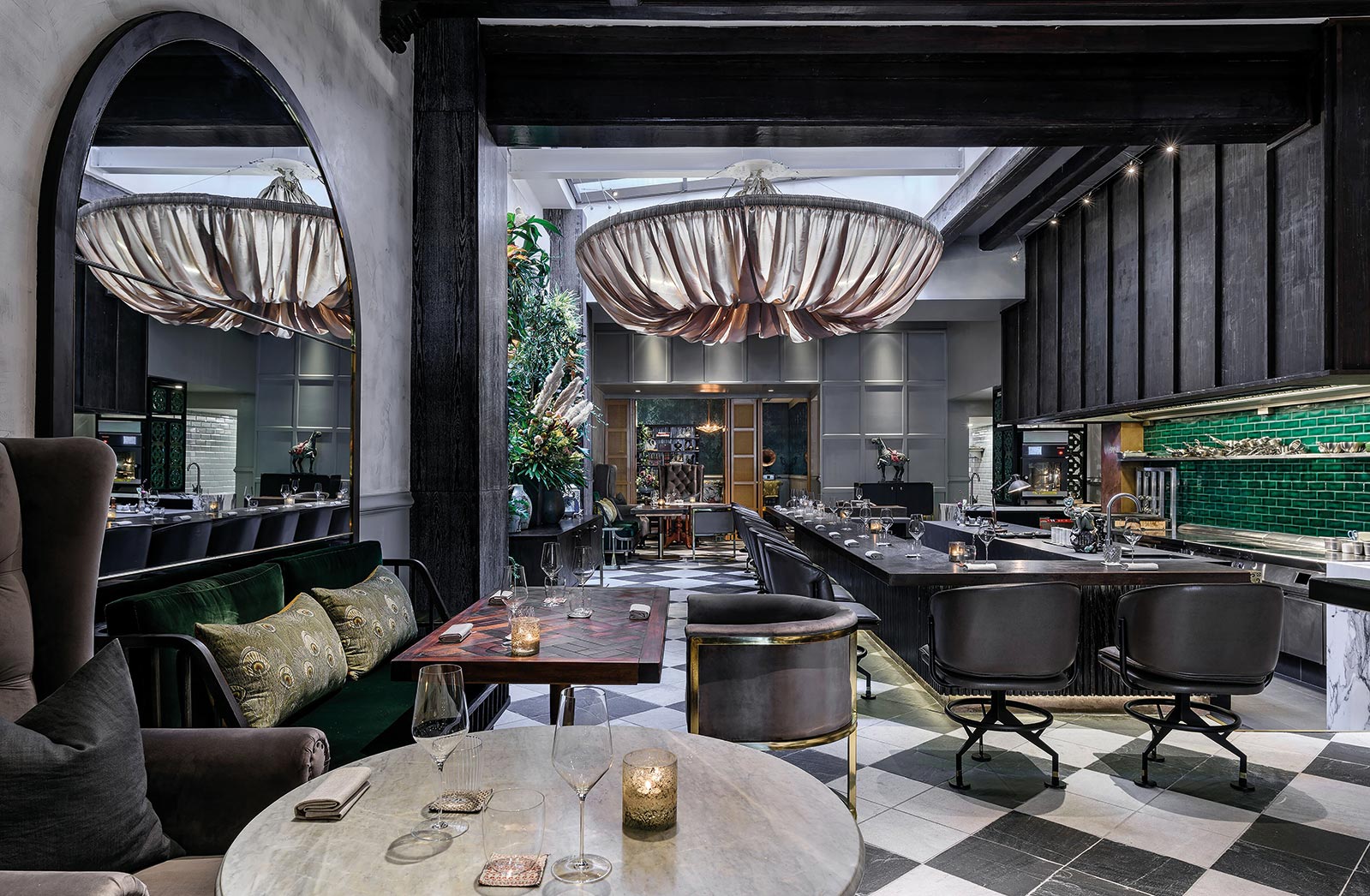
Major hotel groups have been acquiring well-known boutique hotel brands in recent years. What does the future hold for this segment of the industry?
Boutique hotels are here to stay. Obviously they are still a niche, and always will be. Boutique hotels strive on being different from large hotels, but at the same time, it’s hard for a 30-room property to achieve the same level of efficiency as one that has 300 rooms, and they are much more difficult to scale up. They’ll do well in major gateway cities where you’ll find guests who appreciate the nuances in design and how local culture is incorporated into the property.
What is a high-quality hotel for you?
Being able to keep up with technology is important. Things like high-speed wi-fi and smart TVs were cutting-edge a few years ago but have now become necessities. Smart devices that can control everything in your room will also follow suit in the near future. I also love hotels that have a great restaurant or bar, but it’s something that many hotels still get wrong. One other thing I’ve noticed over the past few years is that many five-star hotels are bringing in big-name independent restaurateurs to helm their flagship restaurants. This trend is likely to continue.
Why do you think that’s the case?
I think independent restaurants and chefs are much better at adapting to changes in the market than big hotel groups, which is very important in this day and age. Hotels that lack an outstanding F&B outlet will fall behind their competitors.
You love travelling for food. What’s a recent memorable experience?
I just came back from Tokyo and I had a great kaiseki meal at Yakumo Saryo in Meguro. Everything from the food to design really blew me away.



